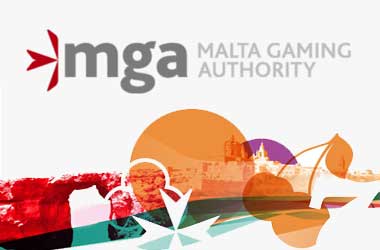 As British bookmakers brace for the impact of the government’s new regulated maximum bids on fixed odds betting terminals (FOBTs), a new report suggests that their losses won’t be as high as the government first predicted.
As British bookmakers brace for the impact of the government’s new regulated maximum bids on fixed odds betting terminals (FOBTs), a new report suggests that their losses won’t be as high as the government first predicted.
The report was conducted and completed by the Centre for Economics and Business Research (CEBR) and was commissioned by the British Amusement Catering Trade Association (Bacta).
Bacta is a non-profit organization known to represent the owners and makers of amusement machines in UK. We must highlight that many of the member arcades of Bacta do not offer FOBT on their shops.
According to the report, if maximum stakes on FOBTs were lowered to £2 as recommended by the British government, major bookmakers will most likely end up losing around £335 million in their annual gross gambling yield (GGY) to high street betting shops. This is a huge 47 percent decrease from the initial estimate by the government which predicted a £639 million loss.
5 News
While the numbers seem far too good to be convincing, CEBR noted that there were a lot of factors considered before they came up with the data. CEBR took into account about £210 million that can be offset by the £2 maximum stake since it would eliminate fiscal costs of problem gambling that emanate from FOBT abuse.
If the new maximum stake helps lessen problem gamblers, it would also indirectly contribute to the lessening of the cost that is directed to help problem gamblers alleviate their impacts on welfare services, housing, work and criminality. They also noted that there could be an overall benefit to the economy, with as much as £45 million net increase in gross value added (GVA).
In a statement, Oliver Hogan, director and chief economist of CEBR, said
The policy would not be nearly as detrimental to the LBOs. There could even be a net boost to the economy and to employment if there is attrition from gambling and if the fall in demand for B2 leads to higher demand for more labour-intensive forms of gambling
The report was not well-received by all parties who have interests and stakes on the maximum bid action. The Association of British Bookmakers said that the report was flawed, and was funded by people who had no reliable access to data from the gaming industry and stood to gain from the implementation of the £2 maximum stake.
According to a spokesperson of the association, the Treasury believes that in a worst case scenario, an £8.5 billion blow could be dealt to the UK’s economy, once the new maximum stakes are implemented. The spokesperson also cited an independent accounting firm that predicted over 21,000 jobs could be lost and 4,500 UK betting shops could close which would result in a £1.1 billion decline in Treasury income.

 United States
United States United Kingdom
United Kingdom












